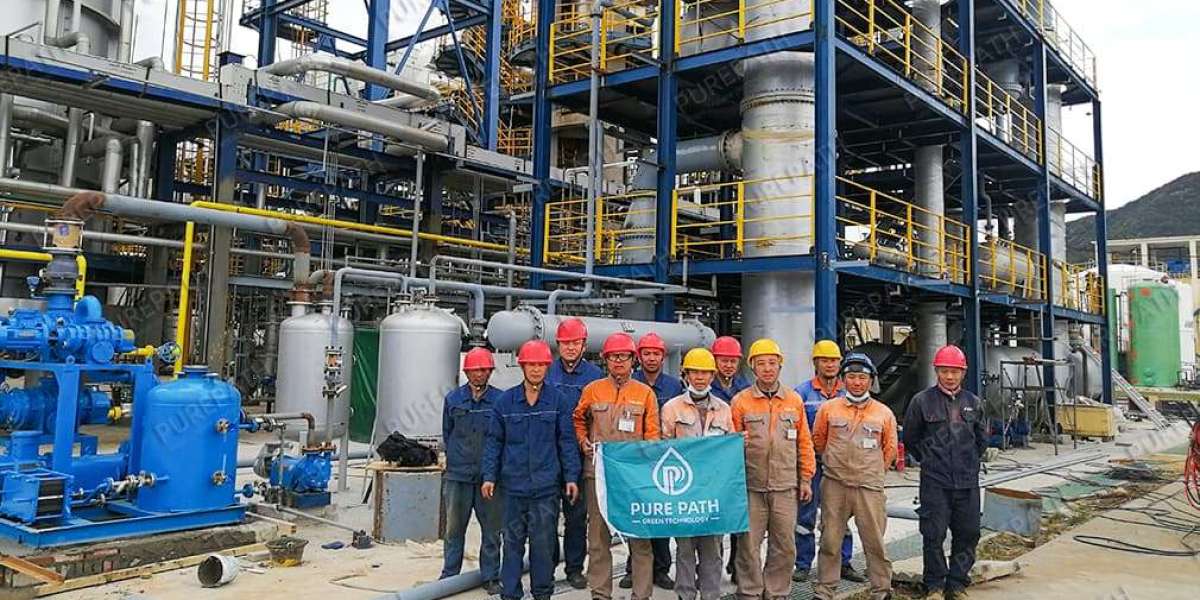Waste oil recovery solution plays a crucial role in this shift towards a more sustainable future.
What is a Circular Economy?
A circular economy aims to minimize waste and pollution by keeping resources in use for as long as possible. It prioritizes reusing, repairing, and recycling materials instead of the traditional "take-make-dispose" model.
Why is Waste Oil Recovery Important?
Improper disposal of used oil is detrimental to the environment. It can contaminate soil and water, posing significant threats to wildlife and ecosystems. Waste oil recovery offers a solution by capturing this used resource and transforming it into something valuable:
Reprocessing into Base Oil: Waste oil can be refined and reprocessed into high-quality base oil, a key component in new lubricating oils. This reduces reliance on virgin crude oil extraction, a process with significant environmental impact.
Fuel Source: Refined waste oil can be used as a fuel source in industrial furnaces or power plants, offering a sustainable alternative to fossil fuels.
Re-refining for Specific Applications: Certain waste oils can be re-refined for specific applications, like creating lubricants for industrial machinery or marine engines.
Benefits of Waste Oil Recovery for a Circular Economy
Reduced Environmental Impact: By diverting waste oil from landfills and improper disposal, we minimize pollution and conserve valuable resources.
Conservation of Virgin Materials: Reprocessing used oil reduces dependence on extracting virgin crude oil, a non-renewable resource.
Enhanced Energy Security: Waste oil as a fuel source offers an alternative to fossil fuels, promoting energy security and reducing dependence on imported resources.
Economic Benefits: The waste oil recovery industry creates jobs and boosts the circular economy by injecting valuable recycled materials back into the production cycle.
Challenges and Solutions
Despite the benefits, waste oil recovery faces some challenges:
Collection Infrastructure: Building a robust and efficient system for collecting and transporting used oil from various industrial sources is crucial.
Public Awareness: Raising public awareness about responsible waste oil disposal and the benefits of recovery is essential for encouraging participation.
Government Regulations: Clear and effective government regulations incentivize proper waste oil disposal and support the development of a robust waste oil recovery industry.
Conclusion
Waste oil recovery is a cornerstone of a circular economy, minimizing waste, conserving resources, and promoting environmental sustainability. By implementing efficient collection systems, raising public awareness, and encouraging responsible disposal practices, we can unlock the full potential of this valuable resource. As we move towards a more sustainable future, transforming waste oil from a burden into a valuable resource is a crucial step in closing the loop and building a truly circular economy.







